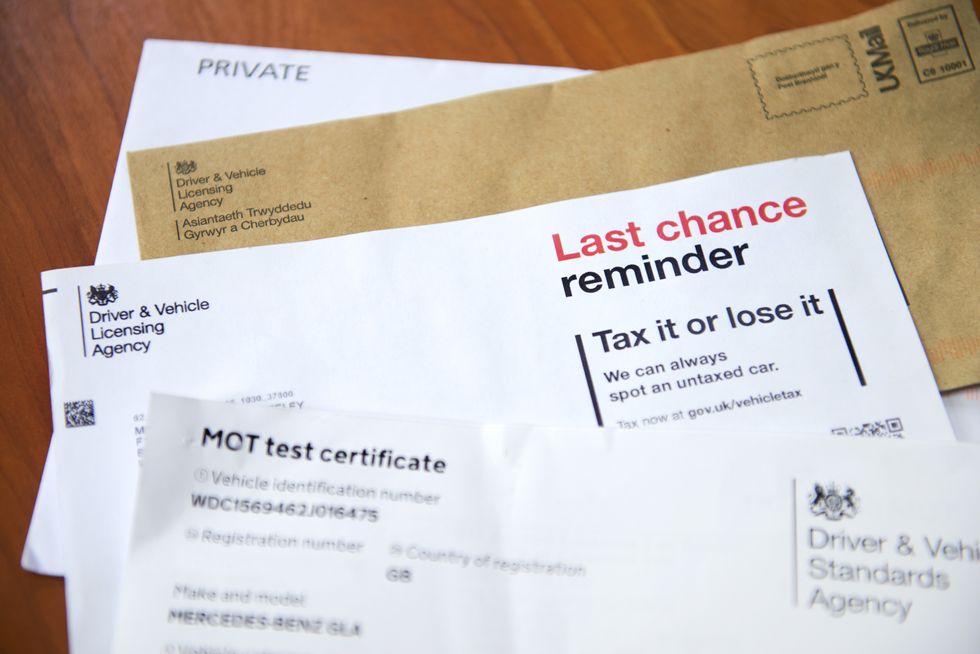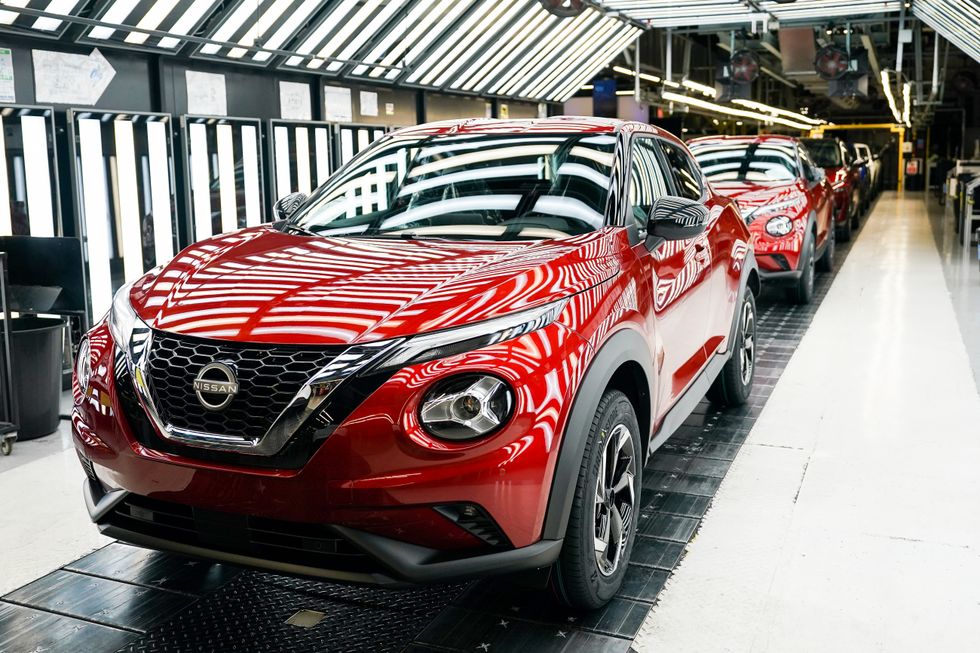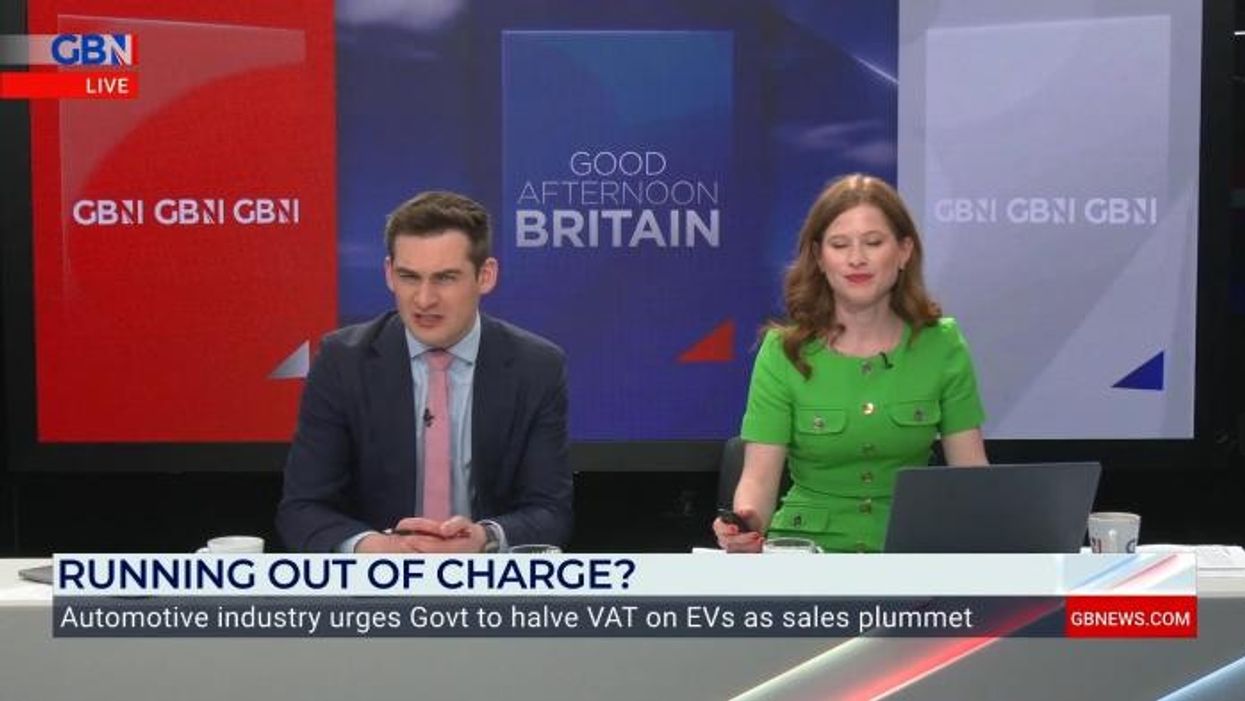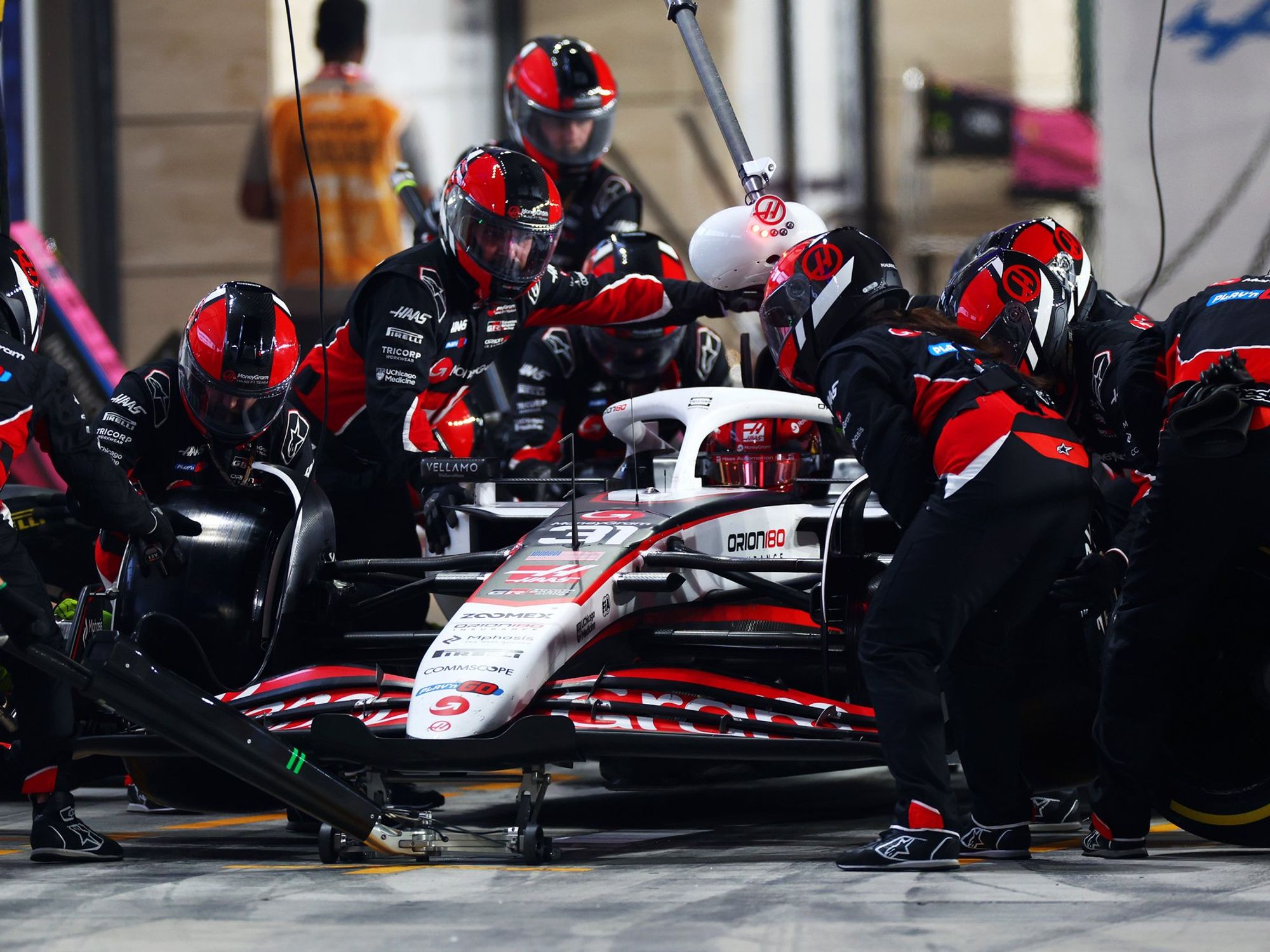Car tax changes branded 'counterproductive' that drivers 'aren’t going to favour' ahead of major new rules

Electric car owners will need to pay the lowest rate of VED from next year
Don't Miss
Most Read
Car tax changes have been slammed by an expert who said it could lead to jeopardy in the effort to get people to switch to electric vehicles in the coming years.
From April 2025, electric vehicles will be required to begin paying Vehicle Excise Duty (VED) after Chancellor Jeremy Hunt said a "fairer system of taxation" was needed for all road users.
The move was criticised at the time of the Autumn Budget in 2022, with many saying it would disincentivise drivers from buying an electric vehicle.
Currently, vehicles which produce zero grams of CO2 emissions per kilometre are not charged anything, compared to £10 for cars which produce 1-50g/km if registered after April 1, 2017.
Do you have a story you'd like to share? Get in touch by emailing motoring@gbnews.uk

Electric vehicles will need to pay car tax from April 2025
| GETTYFrom April 1 next year, EVs will need to pay the lowest first year rate of vehicle tax, which currently applies to the 1-50g/km category.
They will also need to pay the standard rate from the second tax payment onwards. This is currently £190, although this could change in 2025.
Any zero emission vehicles, including electric and hydrogen fuel cells, registered between April 1, 2017 and March 31, 2025, will also need to pay the standard rate.
Matthew Walters, head of consultancy services and customer value at ALD Automotive | LeasePlan UK, criticised the decision to stick with the car tax changes.
He stated that it was not a sensible decision to keep the taxes in place since there would be fewer incentives for drivers to benefit from when selecting their next vehicle.
He said: “Although it was inevitable that electric cars would pay VED eventually, the blanket approach announced in the 2022 Autumn Statement introduces unnecessary penalties compared to some petrol and diesel models.
"While zero-emission vehicles continue to be exempt from VED, there will be an increase the following year with rates set to be equalised across petrol, diesel, hybrid and electric cars, including the expensive car supplement – currently £390 – for vehicles priced over £40,000."
Experts have now highlighted how there are very few incentives left for drivers to take advantage of when they want to buy an electric vehicle.
The Government ended the Plug-in Car Grant a few years ago and only a handful of manufacturers have introduced their own grant or scrappage schemes.
Walters continued, saying: "This appears to be a counterproductive strategy from the Government if the aim is to encourage a transition to EVs, with all drivers facing price rises across the board.
"With an election date looming, drivers need assurance and certainty from the Government and raising car tax seems to be a penalty motorists aren’t going to favour.”
Many British drivers have identified issues with the transition to cleaner vehicles, namely expensive upfront costs, a lack of public chargers and range anxiety.
LATEST DEVELOPMENTS:
- Britons warned of huge £1,000 fine and licence points for suffering from hay fever this weekend
- Petrol and diesel drivers risk further filling station chaos with prices likely to rise despite fuel duty cut
- British classics rank highly in the top 10 'most wanted' vintage cars alongside Ford, Mercedes and more

There are more than one million electric vehicles on UK roads
| PAWhile most electric vehicles still cost more than £30,000, brands are starting to launch cheaper vehicles and cut the costs of their existing fleet to meet demand.
The latest data from Zapmap found that there are almost 60,000 electric vehicle charging devices around the UK, with 2,300 new chargers added in March alone.











